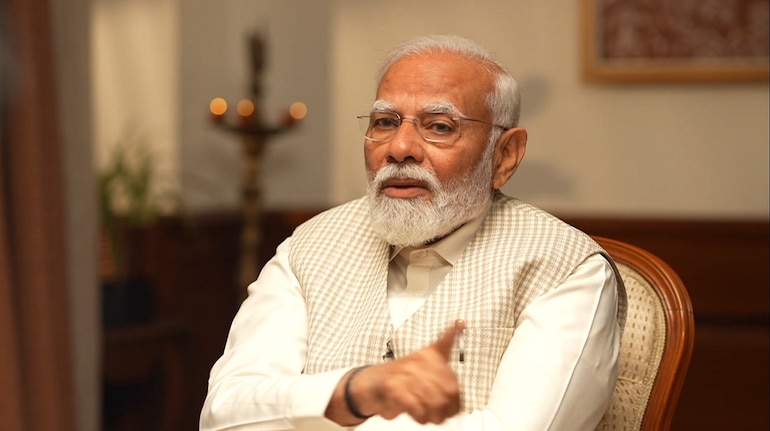Who win the elections 2024 in India : The 2024 Indian general elections, which will run from April 19 to June 1, are notable for their complexity and high voter turnout. With more than 968 million eligible voters, this is the largest exercise in history. The election is crucial for Prime Minister Narendra Modi’s Bharatiya Janata Party (BJP), which is seeking a third term in office against the opposition alliance, the National Alliance for Development and Participation (India).
Voter Turnout and Participation : –

An important aspect of the 2024 elections will be the unprecedented turnout of voters, especially female voters. Of the 642 million registered voters, 312 million are women; This indicates political participation. The Election Commission of India facilitated elections in diverse and often remote locations, ensuring wide participation across the country.
Major Contenders and Results : –
Result of election 2024 : The National Democratic Alliance (NDA) led by the Bharatiya Janata Party won the largest number of seats with 293 seats but failed to secure a majority, demonstrating its superiority. The opposition Indian Alliance won 234 seats, while the Indian National Congress (INC) became the largest party in the coalition with 99 seats. This event shows that politics is more competitive and fragmented.

Campaign Dynamics and Controversies : –
The contest became controversial. The BJP has faced criticism for its failure to deal with hate speech, malfunctioning electronic voting machines (EVMs) and allegations of political abuse. Despite these problems, the Supreme Court approved the use of EVMs, rejecting the INC’s petition seeking re-election.
Electoral Logistics and Challenges : –
Making an election on this scale poses huge logistical challenges. Polling stations are being set up at special locations, including wildlife and rescue centers, to ensure all voters can participate. This logistical feat demonstrates the strength of India’s electoral system.

Implications for Indian Politics : –
The results of the 2024 elections indicate a transition to a political coalition. Although the BJP is still the largest party, it now has to navigate a more complex political environment and rely on alliances for effective governance. The split reflects the changing nature of Indian politics, where no party has an undisputed majority.
Conclusion : –
The 2024 Indian general elections were a testament to the strength and vibrancy of Indian democracy. They reflected a highly engaged electorate and a competitive political environment. As India moves forward, the lessons from these elections will shape its democratic processes and governance strategies, emphasizing the importance of coalition-building and inclusive development. This landmark event underscores the resilience and adaptability of the world’s largest democracy in addressing contemporary challenges and sustaining its democratic ethos.
